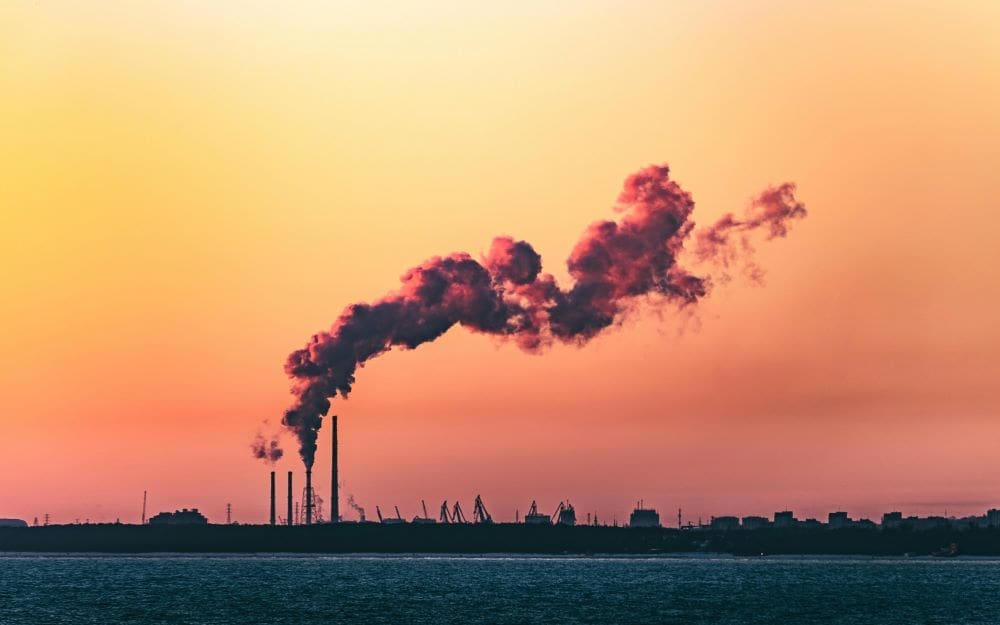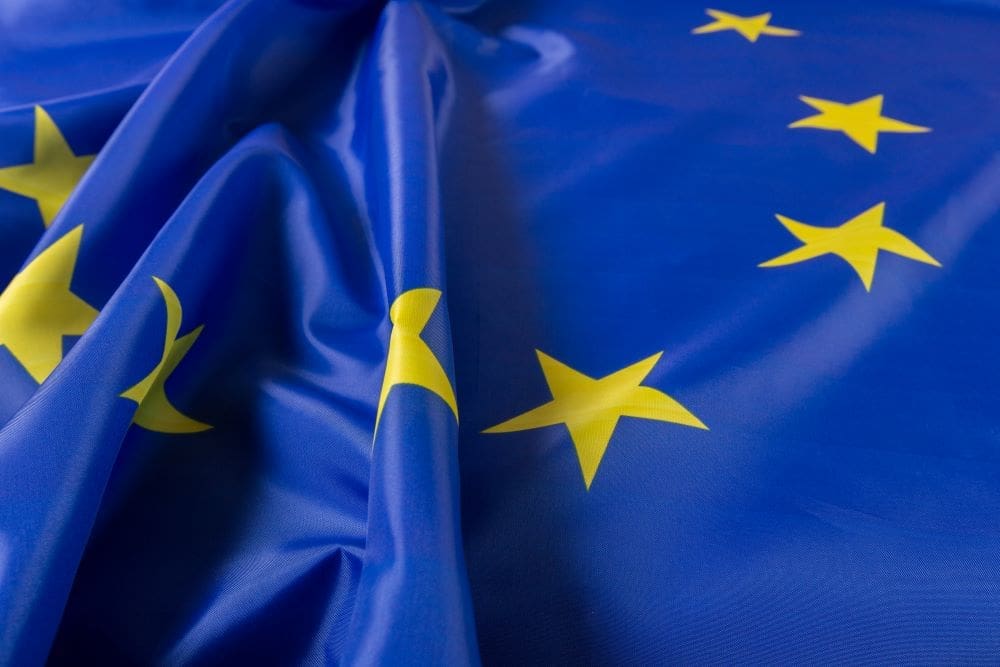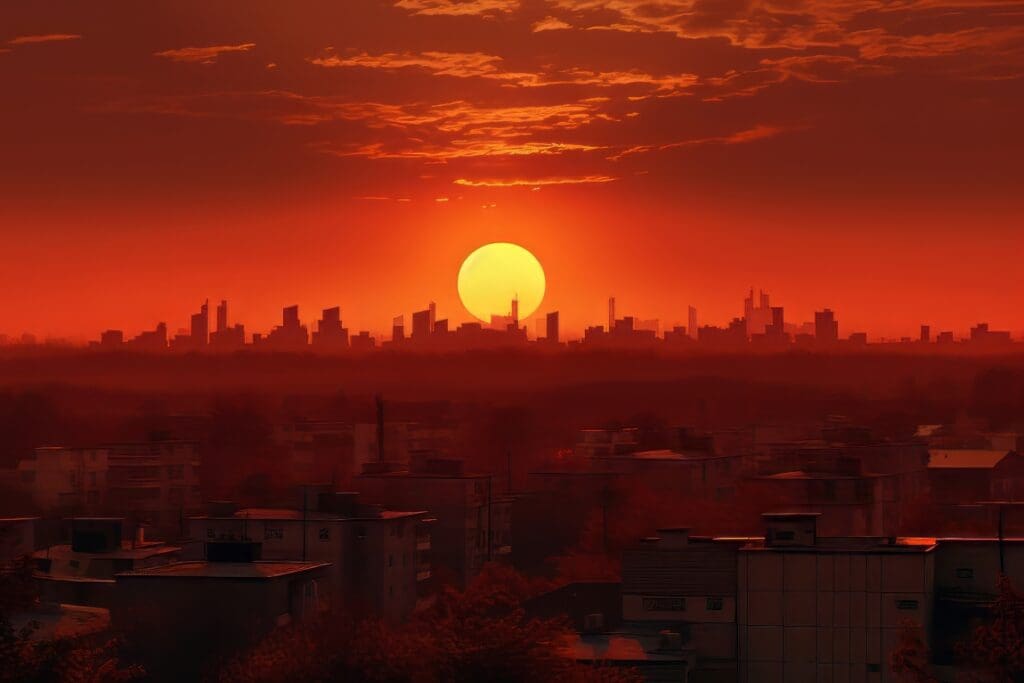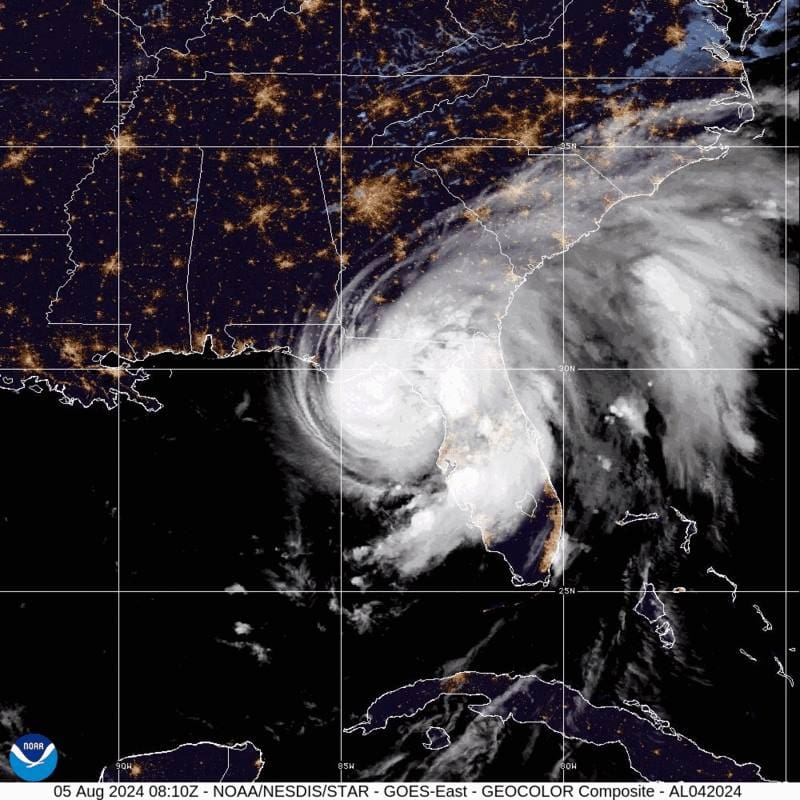Brussels, Belgium | AFP
The EU agreed on a broad emissions-cutting target on Thursday to bring to a UN conference in Brazil, sparing the bloc potential diplomatic embarrassment but risking its reputation as a climate champion.
Environment ministers for the 27-nation bloc met in Brussels with the clock ticking down on a UN deadline to produce an official pledge to fight global warming for 2035.
The countries have not been able to agree on their level of ambition, so they settled for a compromise “statement of intent” to cut emissions between 66.25 percent and 72.5 percent compared to 1990 levels.
“It’s very positive that member states have been able to reach a consensus,” Lars Aagaard, climate minister of Denmark, which holds the EU’s rotating presidency, told a press conference.
The EU “is and will remain a global climate leader,” he said.
The EU — behind only China, the United States and India in terms of greenhouse-gas emissions — has been by far the most committed of the major polluters to climate action.
The bloc was hoping to come up with an ambitious submission to November’s COP30 climate conference but months of negotiations failed to produce an agreement, leaving Brussels scrambling for a last-minute solution.

The UN has pushed for world leaders, among them EU chief Ursula von der Leyen, to announce their commitments at the General Assembly in New York next week.
Denmark suggested a “statement of intent” with a target range rather than a hard goal backed by a detailed plan — a majority of states eventually getting on board on Thursday after a long day of talks in Brussels.
‘Consolation prize’
“This statement of intent allows the EU to show up in New York with something tangible and avoid complete embarrassment,” said Jens Mattias Clausen of Concito, a Danish think-tank.
Like most other parties to the 2015 Paris Agreement, the EU had already missed a February deadline to provide a 2035 emissions reduction target and a detailed blueprint for achieving it.
The deadline was extended to September — still allowing plans to be assessed before COP30 starts on November 10, in the Brazilian city of Belem.
As the statement of intent does not count as the official EU submission, the bloc is all but sure to also miss the second deadline.
“The statement of intent is a hard-fought consolation prize,” said Linda Kalcher, director of the Strategic Perspectives think tank.
The bloc was still aiming to file its official pledge ahead of COP30, said the European Council, the EU body that represents states.
The deal “allows us to confidently walk into New York next week,” Wopke Hoekstra, the European Commissioner for Climate, told reporters.
He described the target range as “ambitious” and “clearly in line with the Paris Agreement”.
Divisions
The EU has set a goal of becoming carbon neutral by 2050 and says it has already cut emissions by 37 percent compared to 1990.
But climate has increasingly taken a backseat in Brussels, as global trade tensions and the war in Ukraine have shifted focus to defence and industry.
Thomas Gelin of Greenpeace said Thursday’s compromise showed the bloc was “abdicating the role of climate leader”.
“The EU is more concerned with making the continent ‘competitive’ than keeping it liveable,” he said.
The deal reflects discord among the 27 over the bloc’s green agenda.
Denmark and Spain are among countries pushing for Brussels to stick to a related European Commission proposal to cut emissions by 90 percent by 2040 on the way to net-zero a decade later.
But others, like Hungary, the Czech Republic and Poland, think it over-ambitious and detrimental to industry.
“Our analysis shows we can do at great expense, 83 percent of reductions by 2040,” Polish climate official Krzysztof Bolesta said ahead of the talks, adding his government wanted an exemption for defence production.
France, which is suffering from shaky finances and a prolonged political crisis, wants more clarity on the investment framework to support decarbonisation before committing.
Last week Paris and Berlin called for a decision on 2040 targets to be discussed at a leaders’ summit in October — effectively pushing back a decision that the commission had hoped could have been reached Thursday.
adc-ub/jxb
© Agence France-Presse
Article Source:
Press Release/Material by Adrien de Calan | AFP
Featured image credit: fabrikasimf | Freepik




